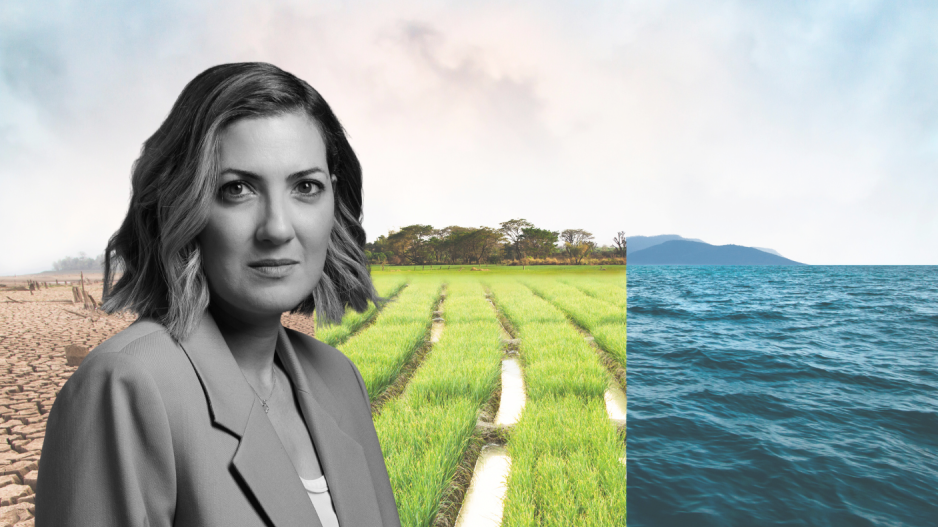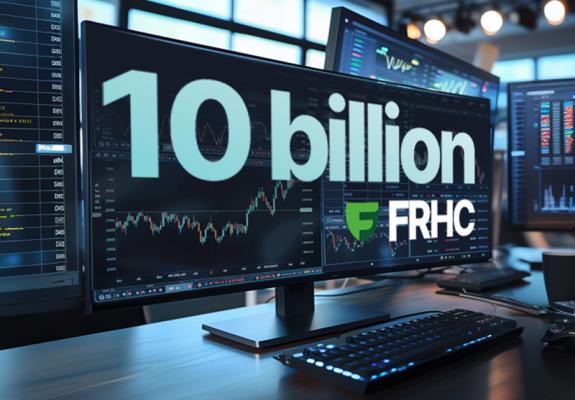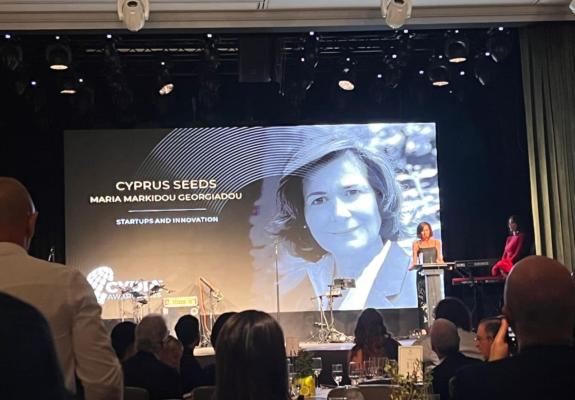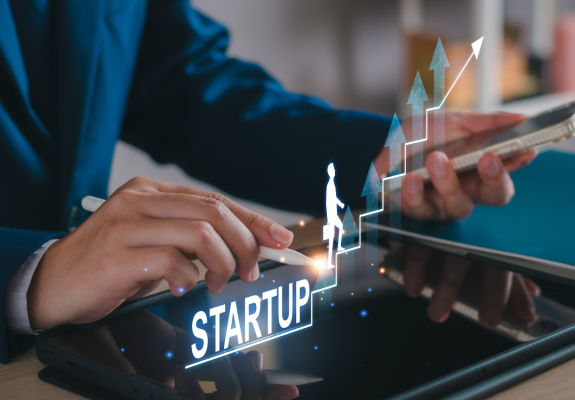Climate Crisis - Humanity in Crisis
Irene Loukaidou on the 2nd NGO Conference
In light of the conference “Climate Crisis - Humanity in Crisis”, which will take place on Tuesday, February 27th, in Nicosia, the founder and Managing Director of Grow Sustainability Consulting, Irene Loukaidou, speaks about everything we will see and hear at the 2nd NGO Conference.
The theme of the conference is simple but exceptionally significant: the climate crisis. Ms. Loukaidou states that this crisis constitutes the greatest challenge facing humanity today.
In an effort to equip local NGOs with the necessary tools to address new challenges in their work and to stimulate collaborations among them, Grow Sustainability Consulting, in collaboration with the European Institute of Management and Finance (EIMF), is organizing the 2nd NGO Conference in Cyprus titled “Climate Crisis - Humanity in Crisis”. The conference will take place on Tuesday, February 7th, 2024, World NGO Day, from 9:00 - 15:00, at the central offices of EIMF, and it will also be available online on the EIMF YouTube channel.
As indicated by the title, this year’s conference focuses on environmental issues and is primarily aimed at NGOs with the main purpose of environmental protection. The conference will consist of a series of presentations, lectures and discussions on various topics relevant to NGOs today, such as the role of partnership in NGO activities, resource development, activism, and research, with a particular emphasis on the role of NGOs in addressing climate change. It concerns all non-profit, voluntary and philanthropic organizations and participation is completely free, as the event is a social contribution from Grow Sustainability Consulting and EIMF. Distinguished speakers active in the field of social cohesion and experts on the aforementioned topics will present the latest trends in the sector. During the conference, opinions and ideas will be exchanged, and best practices adopted globally will be analyzed to encourage and inspire participants to continue their efforts and actions.
We consider it extremely important to organize events that focus on the NGO sector, as their educational needs differ significantly from those of a for-profit organization and require specialization, as is the case with all topics. I am surprised that something similar has not been organized until now. Following the positive response and immense interest in the conference, we have decided to establish it as an annual event and hope that this will inspire local NGOs to continue their work with enthusiasm and passion for positive social impact.
As Greta Thunberg said “Our house is on fire”. The climate crisis is the greatest challenge threatening humanity. Climate change is not just an environmental threat but a crisis that touches every aspect of human existence - from our health and food to our shelter and security. The planet’s temperature is constantly rising, causing extreme weather events, from heatwaves and droughts to floods and storms. The impacts are global, and the poorest and most vulnerable populations are the ones most affected.
Climate change is not just an environmental threat but a crisis that touches every aspect of human existence
The need for action is urgent and requires the collaboration of all nations. It’s time to take action, change our habits, and work towards a sustainable future. In our country, several NGOs are making commendable efforts to mitigate climate change and manage its negative impacts sustainably. Through this conference, we want to give a platform to these NGOs to share their efforts, giving them the spotlight and the opportunity to exchange ideas and best practices.
NGOs face numerous challenges, undoubtedly, Firstly, an NGO must secure the appropriate resources to activate and fuel its positive impact on society and the environment. However, when we say resources, we don’t necessarily mean financial resources. Volunteering is a human resource, and in-kind donations are another form of resource development. Corporate sponsorships may involve products and services that leverage a company’s core competencies and activities. Thus, there are many ways, and each NGO must find those that meet its needs.
Certainly, and in my humble opinion, it is the only way for humanity to progress and overcome any challenges. With the business world understanding that philanthropy alone is not enough to transform it into a sustainable and socially responsible entity, and with a shift in focus towards creating shared value for all stakeholders, including the society in which it operates, NGOs should respond to these new realities to attract support and obtain resources from businesses based on this new collaboration model.
For this to be successful, however, the values of the NGO must align with those of the for-profit organization. They should work together harmoniously for mutual benefit, ensuring the well-being of society. After all, a company can only thrive in a society that thrives.
More information regarding the conference, such as the schedule, speakers and topics, can be found on the conference’s page. Participation in the conference is completely free for all those working in both voluntary and non-voluntary capacities in NGOs, and it is a social contribution from Grow Sustainability Consulting and EIMF. Registration is necessary and can be done online at eimf.eu/NGOcongress. The conference will be live-streamed on the EIMF YouTube channel and is held under the auspices of the Ministry of Agriculture, Rural Development and Environment, and the Office of the Commissioner for the Environment.






